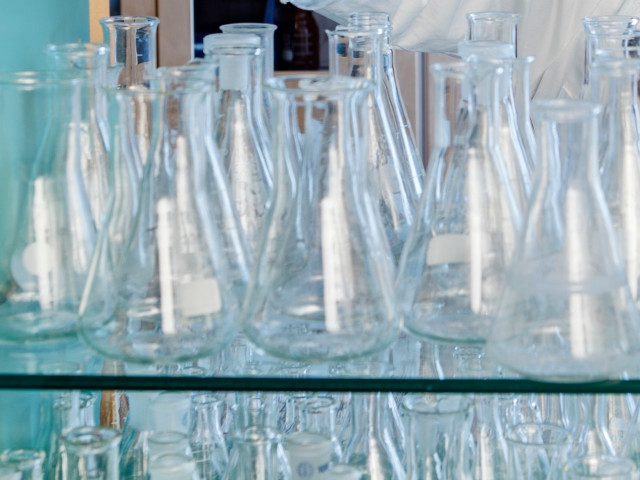- Molecular dynamics in general
- Kinetic theory of gases
- Diffusion and other transport phenomena
- Chemical reaction kinetics, molecular reaction mechanisms
- Photophysical processes
- Dynamical processes in biological systems
KD1080 Chemical Dynamics 6.0 credits

Introductory course, treating chemical reaction kinetics and molecular dynamics the aim is to present a unified treatment of time-dependent phenomena in chemistry
About course offering
For course offering
Spring 2025 Start 17 Mar 2025 programme students
Target group
No information insertedPart of programme
Degree Programme in Engineering Chemistry, åk 2, Mandatory
Master of Science in Engineering and in Education, åk 3, MAKE, Mandatory
Periods
P4 (6.0 hp)Duration
Pace of study
33%
Form of study
Normal Daytime
Language of instruction
Swedish
Course location
KTH Campus
Number of places
Places are not limited
Planned modular schedule
Course memo
Course memo is not publishedSchedule
Schedule is not publishedApplication
For course offering
Spring 2025 Start 17 Mar 2025 programme students
Application code
60910
Contact
For course offering
Spring 2025 Start 17 Mar 2025 programme students
Examiner
No information insertedCourse coordinator
No information insertedTeachers
No information insertedContent and learning outcomes
Course contents
Intended learning outcomes
Literature and preparations
Specific prerequisites
KE1140
Recommended prerequisites
Courses within the Degree Programme in Chemical Science and Engineering study year 1, as well as the course SF1633 Differential Equations I
Equipment
Literature
Atkins and de PaulaAtkins' Physical Chemistry, 9thOxford University Press 2010ISBN-13: 978-0-19-954337-3
Examination and completion
If the course is discontinued, students may request to be examined during the following two academic years.
Grading scale
Examination
- LAB1 - Laboratory Work, 1.5 credits, grading scale: P, F
- TEN1 - Written exam, 4.5 credits, grading scale: A, B, C, D, E, FX, F
Based on recommendation from KTH’s coordinator for disabilities, the examiner will decide how to adapt an examination for students with documented disability.
The examiner may apply another examination format when re-examining individual students.
Other requirements for final grade
1. Written examination 4,5 credits
2. Laboratory work 1,5 credit
Opportunity to complete the requirements via supplementary examination
Opportunity to raise an approved grade via renewed examination
Examiner
Ethical approach
- All members of a group are responsible for the group's work.
- In any assessment, every student shall honestly disclose any help received and sources used.
- In an oral assessment, every student shall be able to present and answer questions about the entire assignment and solution.
Further information
Course room in Canvas
Offered by
Main field of study
Education cycle
Add-on studies
KD2050 Molecular thermodynamics
KE1020 Reaction and Separation Technology